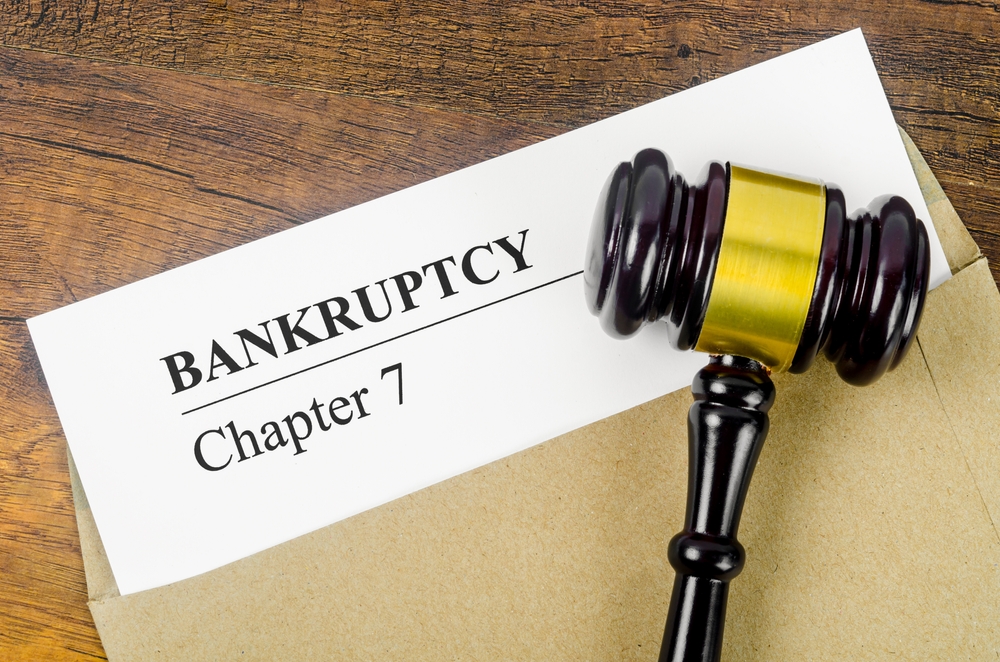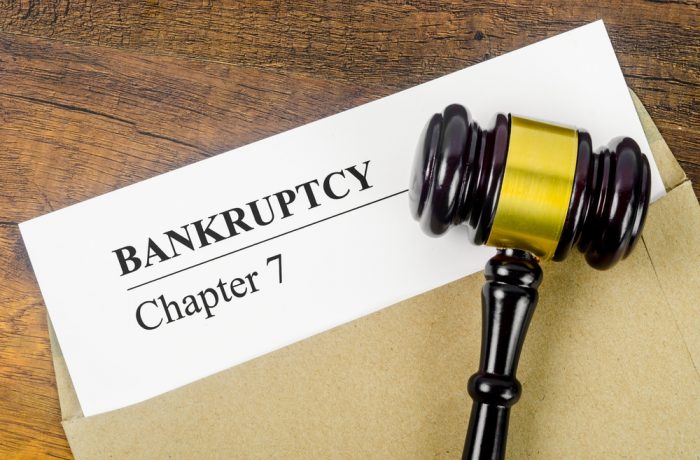Debt can feel like quicksand. The more you struggle, the deeper you sink—and for many people, choosing the right way out becomes an urgent decision. Should you consolidate your debts into one payment, or is it time to consider Chapter 7 bankruptcy?
Understanding the differences between Chapter 7 bankruptcy and debt consolidation is essential. Each has its pros and cons, and the right choice depends on your specific financial situation, income level, and long-term goals.
In this article, we break down the key differences, legal protections, risks, and outcomes of each option—and help you understand when Chapter 7 might offer the clean slate you need.
Debt Consolidation vs. Chapter 7 Bankruptcy: What’s the Difference?
Debt Consolidation is a financial strategy, not a legal process. It involves combining multiple debts—typically credit card balances, medical bills, or personal loans—into a single loan, often with a lower interest rate. The goal is to make monthly payments more manageable.
Chapter 7 Bankruptcy, on the other hand, is a federal legal process that allows individuals to discharge (eliminate) most unsecured debts. It provides powerful legal protections, such as stopping collection efforts, wage garnishments, and lawsuits.
When Chapter 7 May Be the Better Option
Chapter 7 bankruptcy may be the right path if:
Your debt is overwhelming and unsecured
If your debt primarily includes:
- Credit card debt
- Medical bills
- Personal loans
- Payday loans
and you cannot realistically pay them off through consolidation or repayment plans, Chapter 7 may eliminate them entirely.
You are facing lawsuits or wage garnishment
Chapter 7 offers immediate protection through the automatic stay, which:
- Stops collection calls
- Halts lawsuits
- Prevents wage garnishment
- Stops bank levies
Debt consolidation offers no legal protection—if you fall behind, creditors can still sue or garnish wages.
You cannot afford meaningful monthly payments
If you have little to no disposable income after basic living expenses, you may fail to qualify for or complete a debt consolidation program. Chapter 7 requires no repayment of qualifying debts.
You need a true financial fresh start
Chapter 7 wipes out qualifying debts in as little as 3–6 months. You walk away with a clean slate, unlike consolidation plans that can last 3–5 years.
Eligibility Requirements for Chapter 7 Bankruptcy
To file Chapter 7, you must meet certain criteria:
The Means Test
You must pass a means test, which compares your income to your state’s median income. If your income is too high, you may be directed to Chapter 13 bankruptcy, which involves a repayment plan.
Exemptions for Property
Chapter 7 allows you to protect certain assets through exemptions. In New York, common exemptions include:
- Equity in your primary residence
- Basic household items
- Retirement accounts
- A vehicle (up to a certain value)
Most Chapter 7 filers do not lose property—contrary to popular myths.
Legal Protections of Bankruptcy vs. Risks of Consolidation
Chapter 7 Protections:
- Automatic Stay: Stops all collection activities immediately.
- Debt Discharge: Most unsecured debts are legally eliminated.
- Court Supervision: Ensures fairness and protection for the filer.
Debt Consolidation Risks:
- High Fees: Many consolidation firms charge large upfront or ongoing fees.
- No Legal Protection: If you default, creditors can still sue or garnish wages.
- Potential Scams: Some companies make promises they can’t keep.
- Not Debt Elimination: You still must pay back the full amount—just with different terms.
If your financial situation worsens during consolidation, you may end up losing money and time without any permanent relief.
Impact on Credit: Bankruptcy vs. Consolidation
Chapter 7 Bankruptcy
- Remains on your credit report for 10 years
- Your score may initially drop—but many filers see improvement within 12–18 months
- You can begin rebuilding credit right away with secured cards or credit-builder loans
Debt Consolidation
- May have a lesser short-term credit impact
- However, missed payments or defaults can still harm your score
- If the consolidation involves closing accounts, it may lower your credit utilization ratio, impacting your score
Long-term credit recovery often depends more on consistent financial behavior after the debt is addressed—regardless of which path you choose.
The Human Element: Stress, Fear, and Finding Peace of Mind
Debt is more than just a number. It affects your:
- Mental health
- Relationships
- Sleep
- Self-worth
Many people delay making decisions out of shame or fear. They live with anxiety, dodging collection calls, hiding bills, or sacrificing essentials to stay afloat.
Choosing Chapter 7 or debt consolidation is not giving up—it’s taking control.
If your debt is unmanageable and you’re constantly stressed, seeking legal or financial help is a step toward freedom, not failure.
Choosing the Right Path: Professional Guidance is Key
Every financial story is different. What works for one person may not work for another. That’s why it’s crucial to consult with a qualified bankruptcy attorney—someone who understands not only the law but your unique circumstances.
At Figeroux & Associates, located at 26 Court Street, Suite 701, Brooklyn, NY 11242, our legal team offers:
- Personalized evaluations of your financial situation
- Guidance on Chapter 7 eligibility and alternatives
- Protection from creditors
- Debt relief strategies that work for you—not just the creditors
Call 855-768-8845
Visit www.askthelawyer.us
Final Thoughts: You Deserve Financial Freedom
If your debt feels like a mountain you can’t climb, you’re not alone—and you do have options. Whether through Chapter 7 bankruptcy or debt consolidation, the right strategy can help you rebuild your life with peace, dignity, and purpose.
Don’t wait until the pressure becomes unbearable. Take the first step today. Let Figeroux & Associates help you find the best way forward—toward lasting financial health and a brighter future.





